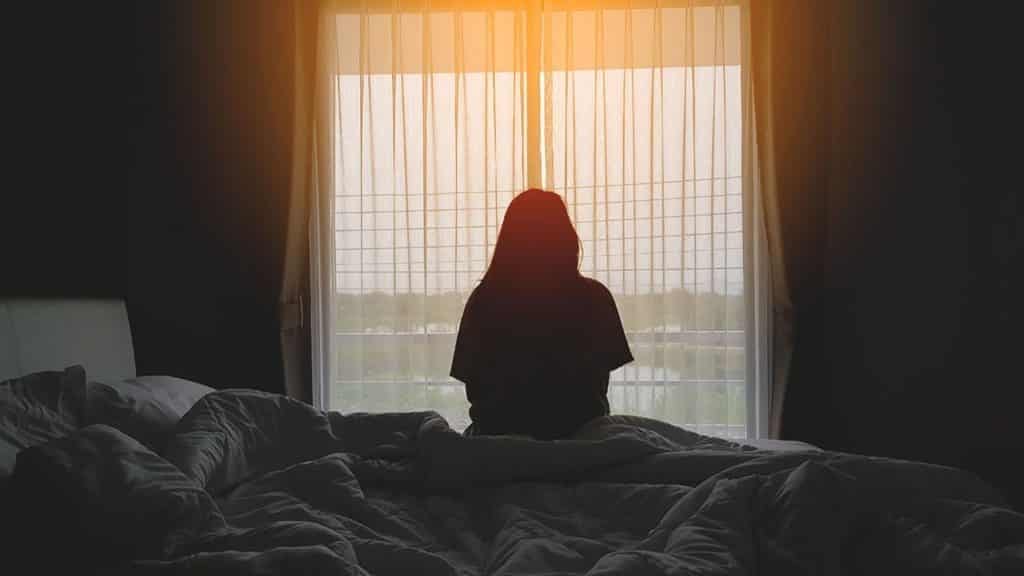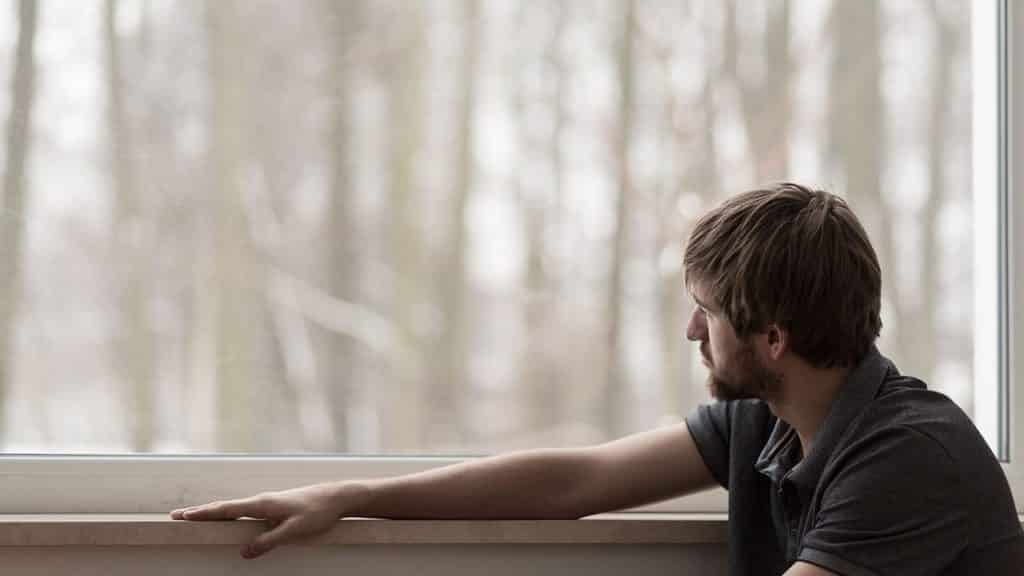Studies show that social isolation’s effects on mental health are extensive. Amid the recent novel Coronavirus outbreak, many United States citizens haven’t been able to gather and support each other with hugs and hand-holds. Instead, many of us (millions of us, to be exact) are stuck at home alone, trying to find normality in anxiety. And after a long time of loneliness and social isolation, our brains and bodies physically can’t tolerate it anymore. If you’ve felt lower than usual, you’re not alone.
Social distancing might be keeping us from getting infected with Covid-19, but it isn’t keeping us from becoming sick. Sure, we have social media. But even these social networking platforms have a ceiling of relief properties. Twitter and Tiktok can’t replace the dopamine-enticing reward of touch and in-person conversations. So, why is being alone so hard for us? And why do some researchers even go as far as to say that loneliness – the unforgiving antagonist of belonging, intimacy, or human connection – might be at the heart of all mental illness?

What Social Isolation Does To The Brain And Body
From the dawn of human civilization, we’ve relied on belonging and interaction with others to survive. Through evolutionary collaboration and cooperation, our “power in numbers” philosophy landed us right here: sitting on a posh couch cushion, scrolling through Instagram, and binge-streaming Netflix (instead of, well, fending off a bear). And we’re probably feeling a little lonely.
People are hardwired to seek social structures to survive the brutality of nature. Still, it’s safe to say most of us aren’t at the mercy of nature anymore.
… Or, in some sense, aren’t we?
Studies have shown that feeling lonely for too long may be directly correlated with the rapid development of mental illnesses, physical diseases, and overall brain deterioration. We need face-to-face human connection – something our current circumstances aren’t providing much of.
It’s crucial to note that we can’t address the psychology of loneliness without also discussing its neurobiological side. If you’ve been feeling down in the dumps, you aren’t strange – you’re merely a shining example of a long-evolved biological mechanism.

Loneliness’ Effects On Our Brains
- Your Dopamine levels spike when you’re lonely.
Dopamine, an important neurotransmitter discovered by a doctor named Arvid Carlsson in the early 20th century, is proven to be one primary motivator and determinant of human behavior (and the actions of tons of other mammals) and a critical component in the brain’s “reward” process. Known as the “pleasure” hormone, our brains release dopamine when we eat yummy foods, have sex, and even listen to music (consider when you get “the chills” from your favorite song). However, when someone is suddenly missing a healthy amount of social interaction, it disrupts their natural levels of dopamine. Instead of lowering dopamine, as someone might expect out of a feel-good brain chemical’s reaction to stress, loneliness actually raises dopamine.
This is because our brain’s survival response to loneliness is to find a way back to vital relationships. Our animal brain’s sudden release of dopamine triggers us to seek out and reconnect other people for our own protection. More dopamine might sound like fun, but in reality, imbalanced dopamine levels can gravely affect our overall psychological stability and wellbeing.
- Loneliness is linked with substance abuse issues.
If you or a loved one has ever struggled with an addiction to drugs or alcohol, you’re probably familiar with the feeling of loneliness. A large number of addicts claim to have felt different than their peers since very young, or feel lonely even in a group of people. Isolation creates a void rooted in need to survive, which in turn causes them to self-medicate. Unfortunately, addiction will only intensify feelings of isolation and loneliness in the long run. It’s essential to seek help as soon as possible if you’re struggling with an addiction or substance use disorder.
- You’ll get less sleep (or less restful sleep) when you’re isolated from others.
Loneliness will activate a fight-or-flight response, secreting hormones that will keep you from getting an ideal night’s rest. When you’ve been all on your lonesome for enough time, your brain releases another vital neurotransmitter, norepinephrine, along with other stimulating chemicals. Norepinephrine triggers a wild fight-or-flight response from an archaic section of our brains. During the fight or flight response, your body and brain are trying to prioritize the ways to survive, rather than navigating how to get some decent shut-eye. Not surprisingly, this rush of chemicals can keep someone awake longer than they’d like.
- You’re more at risk for mental AND physical illness when you’re socially isolated.
From a purely physiological perspective, isolation can actually kill people. According to one study done by the Associate for Psychological Science on how feeling socially isolated can affect death rates, loneliness can increase mortality rates by up to 32%. Additionally, one study from Harvard confirmed that socially isolated men, specifically, have around an “82% higher risk of dying from heart disease,” as opposed to 21% in men who have strong relationships with loved ones.

How Can We Protect Ourselves?
Alright, we get it: social isolation affects mental health.
Even further, loneliness isn’t just an emotion, but emotion that can cause both mental and physiological illness.
However, in this time of inevitable social distancing, there are still ways to curb the mental health effects of our compounding isolation.
Relationships enrich our lives and make them worth living. So, if nothing else, make it a point to pick up your telephone and call your friend or family member to check up on how they’re doing.
Dr. Stacey Torres, an expert on human connection and mental health mentioned in a New York Times article Take Steps to Counter the Loneliness of Social Distancing, stresses the importance of hearing someone’s voice and seeing their face through video chats, rather than just reading their text messages.
She goes on to explain to “do whatever you can do to connect with people while staying within recommended guidelines, like donating to soup kitchens, not just money for the food but for the person who delivers it. We’ve got to do anything we can do remotely or from six feet away.”
She’s got a point.
If you’re extra-prone to depression or anxiety, reach out to a teletherapist to talk about how you’re feeling, like the psychological experts on TalkSpace. Or, if isolation is causing you to self-medicate with drugs or alcohol, be sure to contact us to learn more about getting treatment for addiction.
All in all, remember you aren’t alone and that loneliness is a temporary (and fixable) emotion. With the right help, no amount of loneliness is unbeatable.
